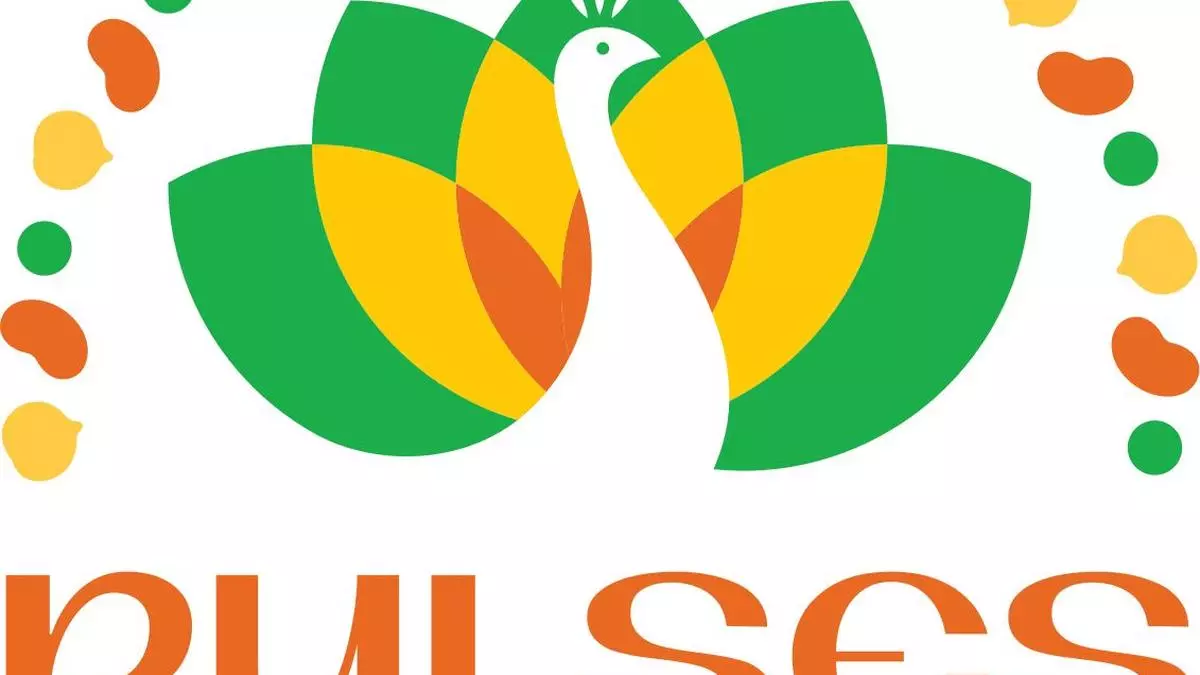Large scale demonstration of high yielding pulses planned in 2024 kharif: Munda
The government has prepared a roadmap to achieve self sufficiency in urad (black gram) and tur (pigeon peas) by 2027 for which in the upcoming kharif season large scale demonstration of best varieties in farmers’ fields is planned, said Union Agriculture Minister Arjun Munda.
Addressing the inaugural session of Pulses 24, a three-day global event organised by the Global Pulse Confederation (GPC) in co-operation with co-operative major Nafed in New Delhi, Munda said that the Agriculture Ministry has prepared an action plan in public-private-partnership (PPP) mode to ensure that the country becomes completely self sufficient in pulses.
Lauding the efforts of the government in last 10 years by raising the pulses production from 16.32 million tonnes (mt) in 2015-16 to about 27 mt in 2022-23, the minister said: “In the upcoming Kharif season, arrangements are being made for large-scale demonstrations of varieties and techniques in vast areas through cluster frontline demonstrations, enabling farmers to become familiar with new varieties and techniques and thereby increase the production of pulse crops.”
He underscored the need to rapidly disseminate beneficial techniques such as high-protein chickpea varieties, climate-resilient varieties, and other such technologies, from seed to production, so as to create a value chain. At the same time, Munda pointed out that the private sector also bears a significant responsibility along with whatever efforts the government has been making.
“Through today’s programme, everyone is getting a unique platform where meaningful efforts will be made by formulating action plans in PPP mode. The goal is to make India self-reliant in pulse production by 2027 and to involve everyone in achieving the goal of leading research and utilization of pulse crops worldwide,” he said.
The minister highlighted that over 1 lakh quintals of high quality seeds of pulses have been produced in 150 centres set up since 2016-17. Initiatives like distribution of seed mini kits of newer varieties of pulses, production of quality seed, technological demonstration by KVKs have also been helpful in enhancing pulses production and productivity, he said and added that ICAR has developed and released for commercial cultivation 343 high yielding pulses varieties and hybrids since 2014.
Munda also said that production of pulse crops is lower, even though their quality is higher than other grains, as producing pulses with high-quality protein requires considerable time and energy. As majority of Indian population is primarily vegetarian and gives special importance to pulses in their diet, Munda said, the quality of food improves significantly with a plentiful supply of protein.
